H.E. Dr. Eng. Ali Mohamed Al Khouri, Emirates ID Director General, has commended the UAE prudent leadership’s vision, advanced strategic mode of thinking and deep perception of the prospects of the bright future the UAE aspires for. He also commended the leadership’s ongoing support for all the projects carried out by the different government authorities, entities and organizations and its encouragement of the creative ideas and development initiatives aimed at consolidating and upgrading the UAE’s distinguished position and bolstering its regional, international and global presence.
Al Khouri said: “Our exceptional and rare leadership shows us the way to carry on the journey of excellence, creativity and contribution and its prudent directives consolidate our belief in the importance of development and the value of creative and non-traditional ideas. It urges us to remove the word “impossible” from our dictionary and motivates us to go ahead with a forward-looking vision and a firm belief that serving our country truthfully and sincerely is our noble end and maintaining and building on its achievements is the objective that we seek.”
In the working paper with which he participated in the GCC Government Organizations and Leaders Achievement Conference, which was held at Burj Al Arab Hotel in Dubai on November 29 and 30 to mark the UAE celebrations of its 40th National Day, Al Khouri said: “Working for the public sector doubles our responsibility and urges us to exert strenuous efforts to reimburse part of the debt we owe our prudent leadership and serve our country, which is nowadays celebrating its most magnificent national event.”
Al Khouri clarified that: “The integrity of the objective that combines all UAE organizations and the noble goal we all aspire for make it inevitable for us to work together for our dear country with the aim of building on the achievements that were accomplished 40 years after the inception of the state of the federation. They also put us squarely in front of our responsibilities towards our dear country and its unique achievements and motivate us to work with a positive spirit marked by complementary roles and harmonious objectives and goals.” He pointed out that working for the public sector is typically a national duty that should prompt us to exert more efforts.
He affirmed that the main element that ensures the required success of any strategy lies in giving priority to public interest over private interest and in working with a sense of collective responsibility that believes that success is an inevitable result of collective work among all corporations, authorities and entities, which have a major common objective of serving the public objectives laid down by the prudent leadership for achieving and maintaining progress and prosperity for our country in all aspects of life and upgrading the services provided to the population, both qualitatively and quantitatively.
In his working paper, titled “Emirates Identity Authority’s Strategic Plan: Lessons Learned from Reading the Actual Reality and Extrapolating the Future”, Al Khouri reviewed the Emirates Identity Authority’s new strategic plan 2010-2013 and the most prominent projects and initiatives currently being implemented by the Emirates Identity Authority.
The working paper discussed the Emirates Identity Authority’s vision and mission as well as the objectives the Emirates Identity Authority seeks to achieve as embodied in registering all the population, developing an infrastructure, activating the ID card applications and updating the corporate systems. It also discussed the positive effects of the Emirates Identity Authority’s strategic projects on all the UAE security, economic and development dimensions.
Al Khouri explained the Emirates Identity Authority’s operating model at the short, medium and long terms through which the Emirates Identity Authority aims at registering the population, providing qualitative services to identify and substantiate the identity and carrying on the provision of the Emirates Identity Authority’s major services.
The working paper also discussed in detail the most prominent projects that are being implemented by the Emirates Identity Authority including linkage with preventive medicine, electronic linkage, development of electronic certification and a number of other strategic projects that are directly related to the support and development of the government sector and the development process in the UAE.
Al Khouri allocated part of his working paper to talk about the lessons learned from the application of the Emirates Identity Authority’s new strategy 2010-2013, throwing the light on the most notable reasons that lead strategies to fail in general and prevent them from achieving their objectives.
He explained that scientific studies show that nearly 65 per cent of strategies fail to be implemented and that 97 per cent of strategies suffer from ineffective implementation of the projects they contain, noting that a failure of planning is as such a plan for failure and a major reason behind those non-encouraging results.
The working paper suggested a number of solutions aimed at drawing a roadmap for a successful strategic mode of thinking. These included developing an operating model with strategic performance indicators and operating indicators; benefiting from the early warning system; enhancing the decision-making support opportunities; and streamlining the role of the balanced performance card in measuring performance indicators.
The working paper recommended that the operating plans should be approved and followed up and that performance should be regularly reviewed. It also recommended that liaison plans should be activated and that the elements responsible for planning should be linked with those responsible for supervising and tracking implementation. Yet, the working paper underlined the necessity to abide by the global standards to upgrade performance and enhance efficiency while implementing strategic projects.
Conference recommendations
At the end of their session, the conferees came up with a number of recommendations including a suggestion for this conference to be held annually in one of the countries of the world. The conference also recommended that continuous communication should be established with the ID as cultural wealth on solid and methodological bases capable of reading the text and the reality, understanding the movement of history, realizing the actual conditions and priorities and looking forward to the future with a deep awareness.
The conferees demanded that the cultural dimension be merged with the entire process of development in such a manner that 1) underlines the importance of interaction between culture and development, 2) consolidates the awareness of the vital significance of culture for establishing piercing development policies, which ensure a sustainable human development based on the rich national cultural values and 3) opens to the rich human and cultural diversity and the evolution of life.
Besides, the conference recommended that human capabilities should be developed by providing convenient education opportunities and adopting comprehensive programs for developing the capabilities of first-line and second-line leaderships in organizations while taking into consideration the need to benefit from the experiences of the leading organizations and prepare integrated strategies for planning career courses and linking them with training systems to have comprehensive and objective methodologies for all jobs, using up-to-date methods and technologies such as remote electronic education and training applications.
In order to bolster its participation in the process of development, the conference recommended that the national workforce should be recruited in the different public and private segments of the economy by means of many dedicated legislation, policies and programs.
Latest Posts
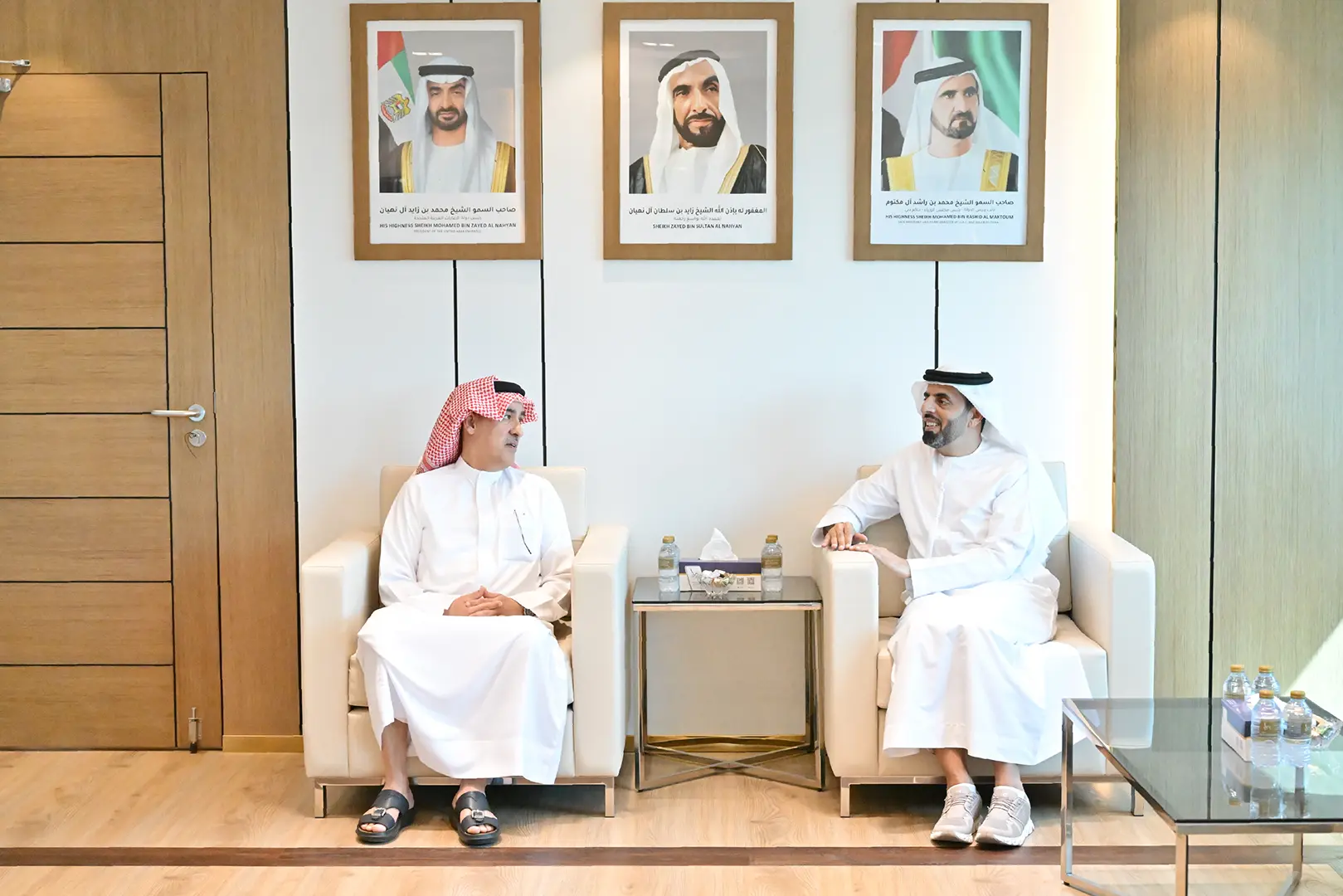
ICP Discusses the “Single Point” Passenger Project with a Bahraini Delegation
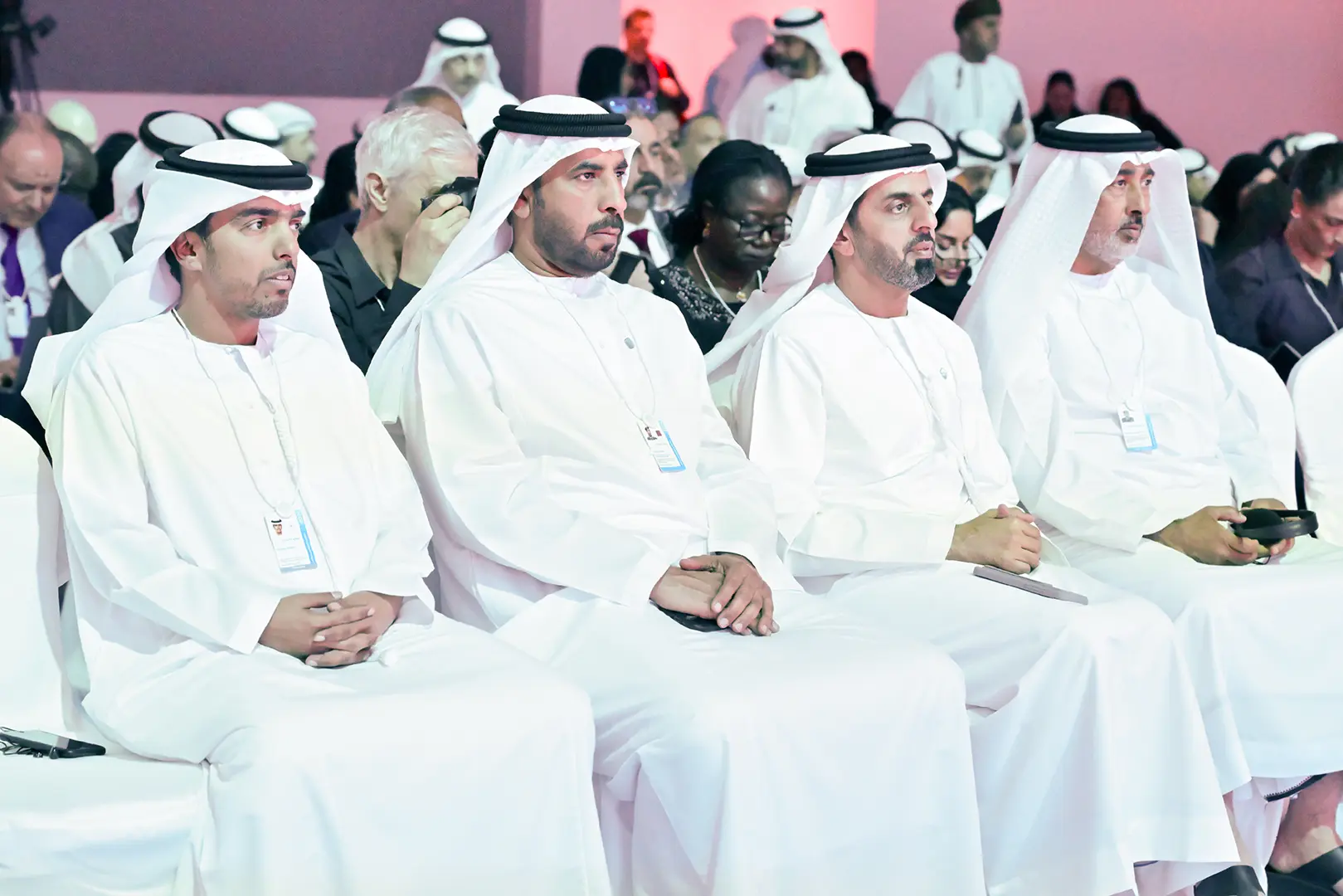
ICP Participates in the World Governments Summit 2026 with a High-Level Delegation
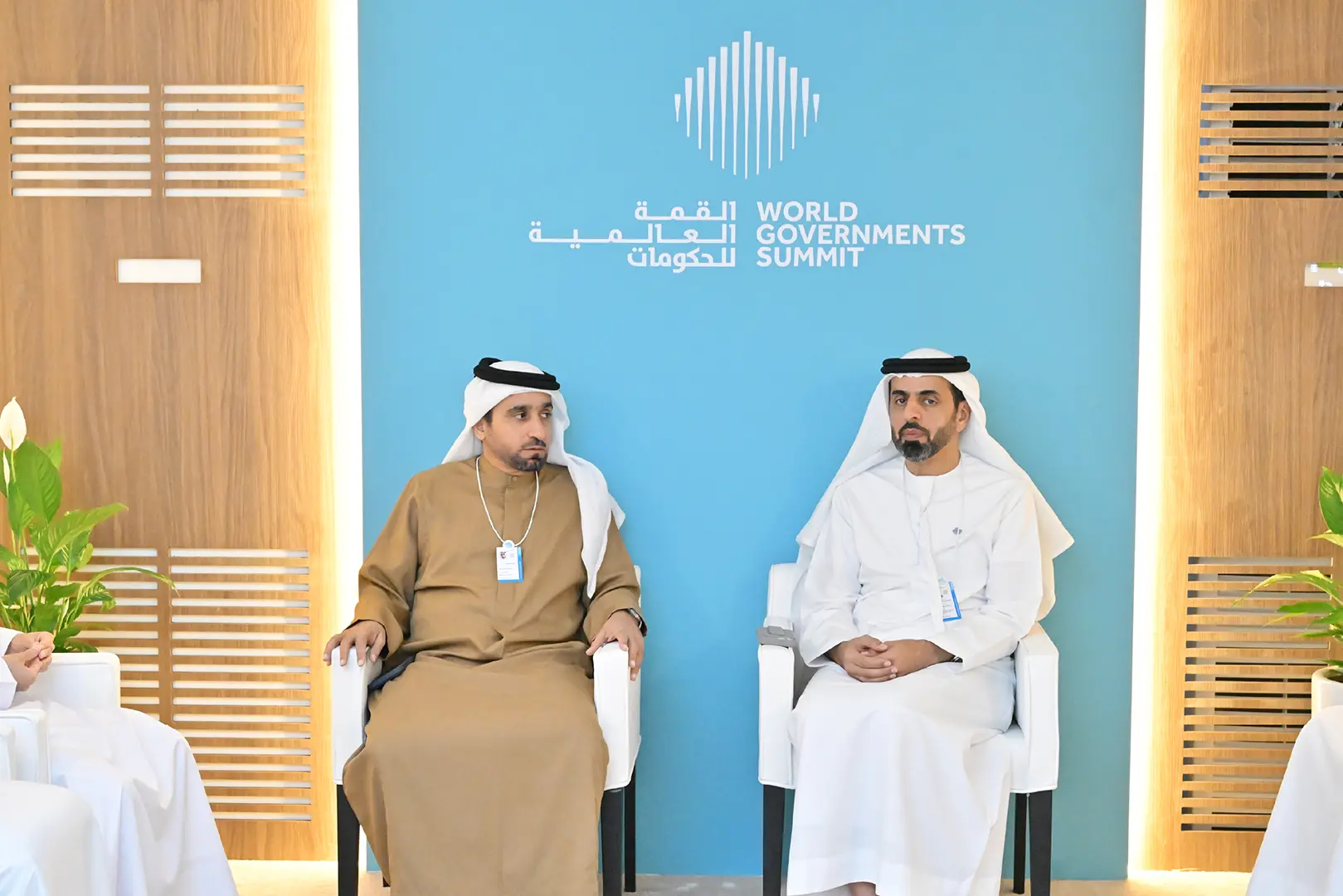
The Director General of ICP Discusses the Development of Digital Services with Senior Officials
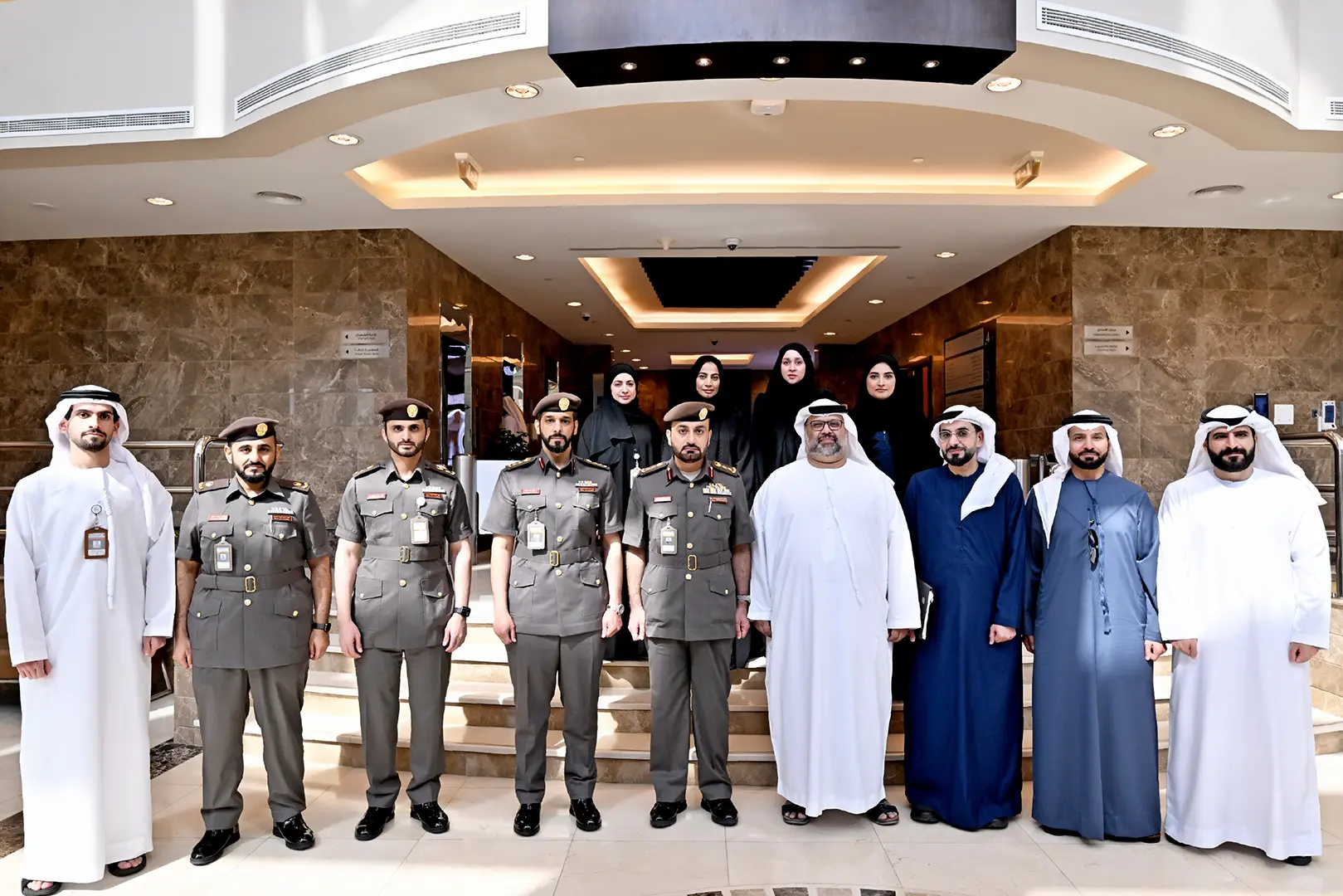
ICP Exchanges Governance Best Practices with the National Center of Meteorology
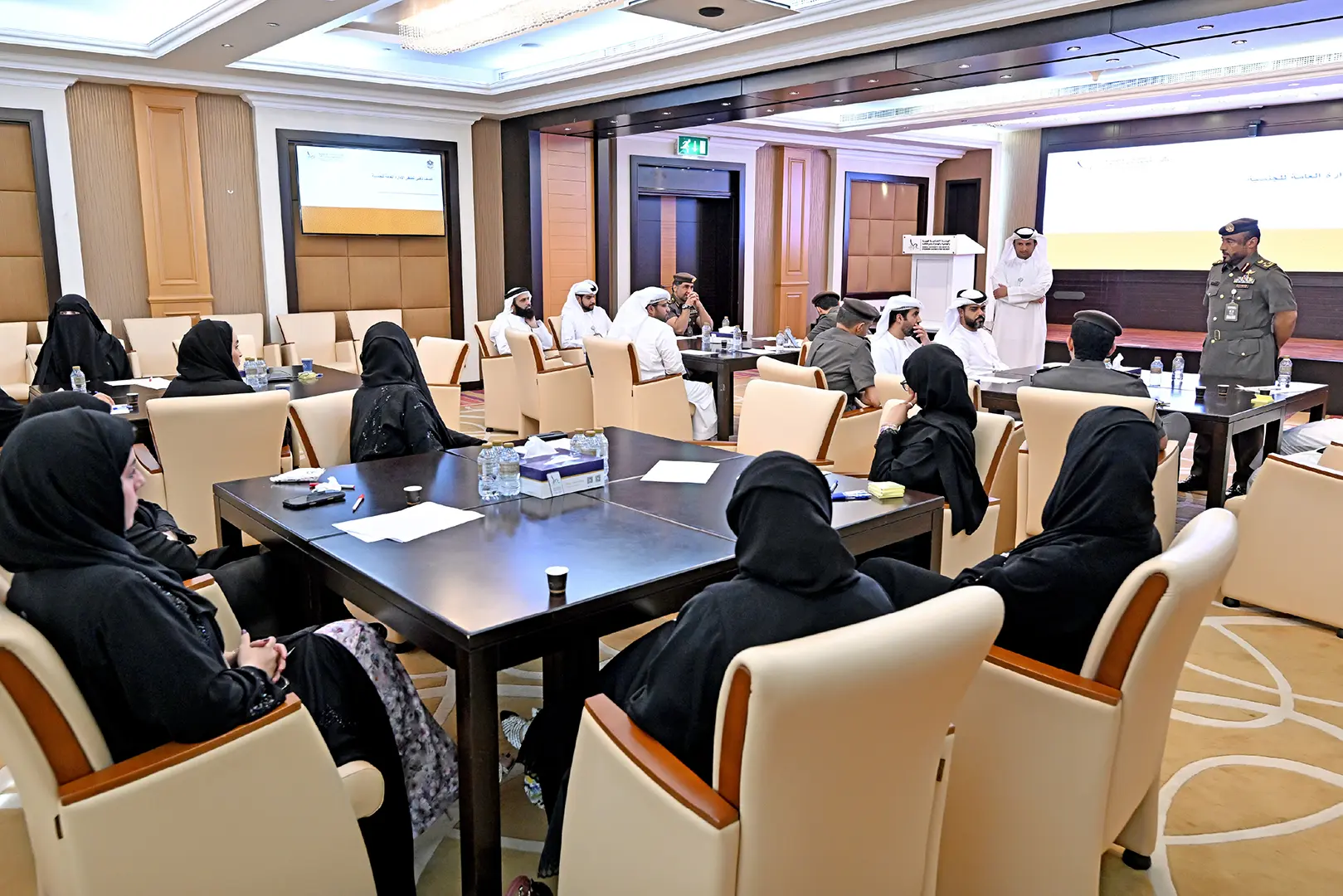
General Directorate of Nationality Discusses Work System and Staff Forum
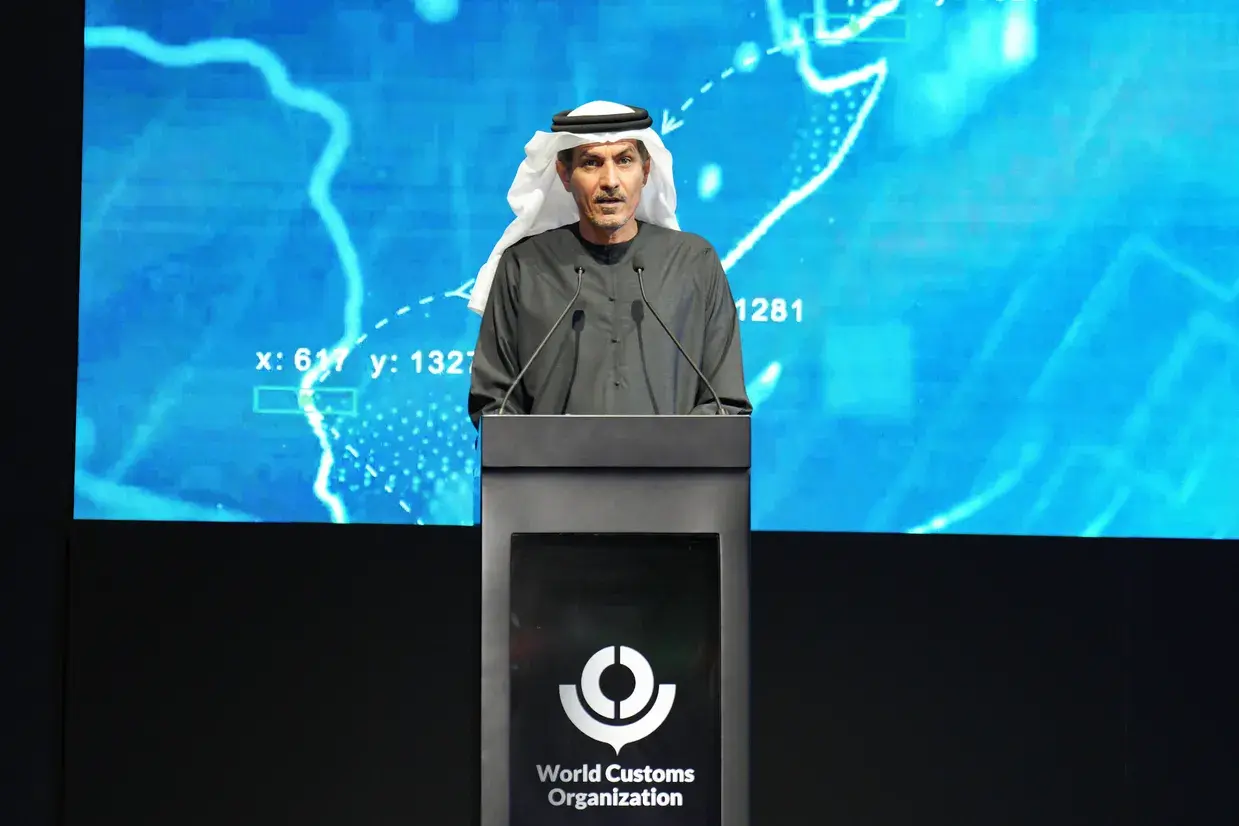

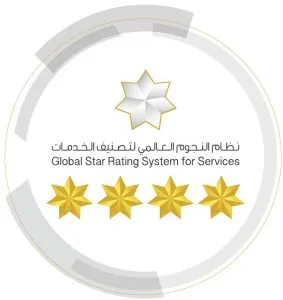
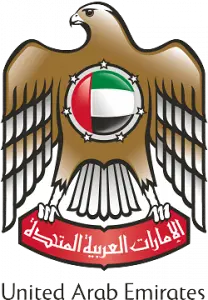
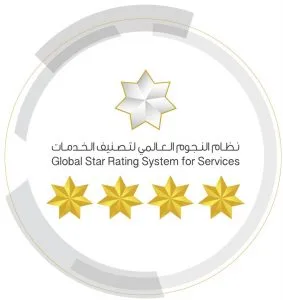

 German
German Portuguese
Portuguese French
French Russian
Russian Chinese
Chinese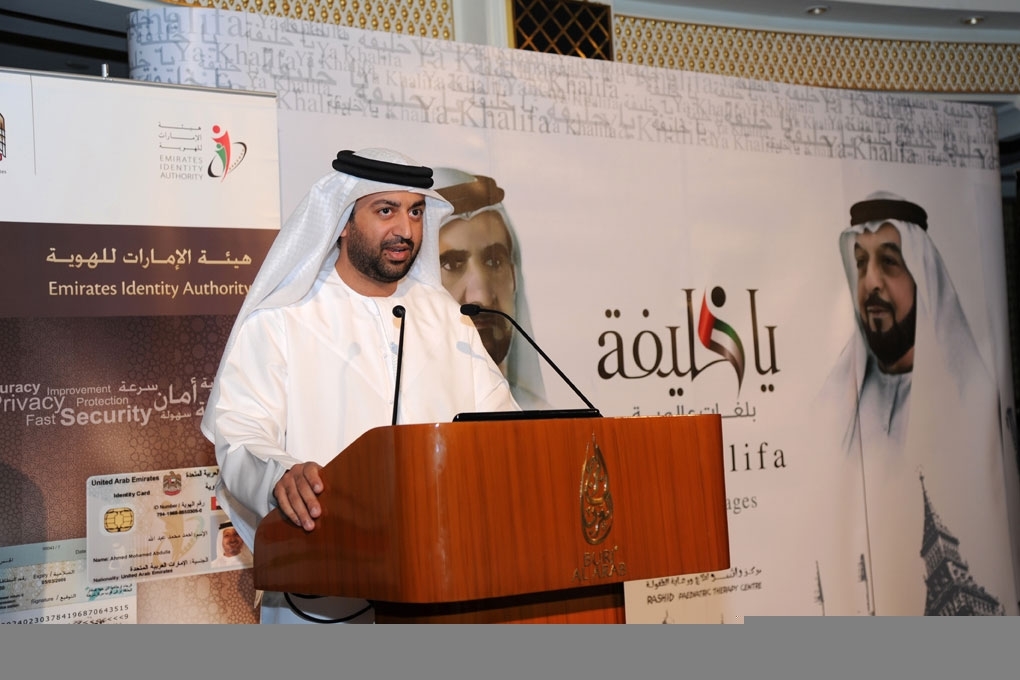
Rate your experience